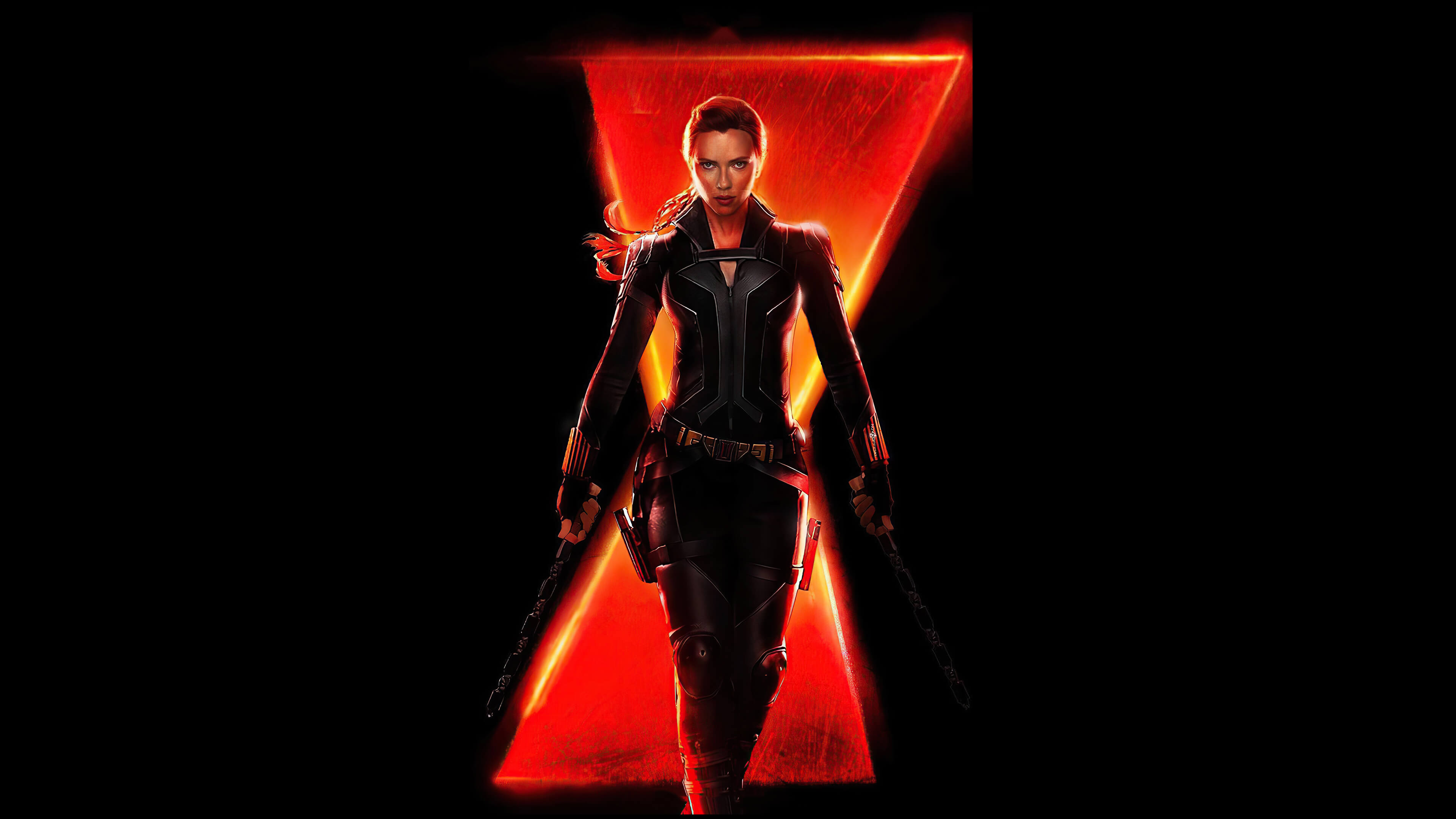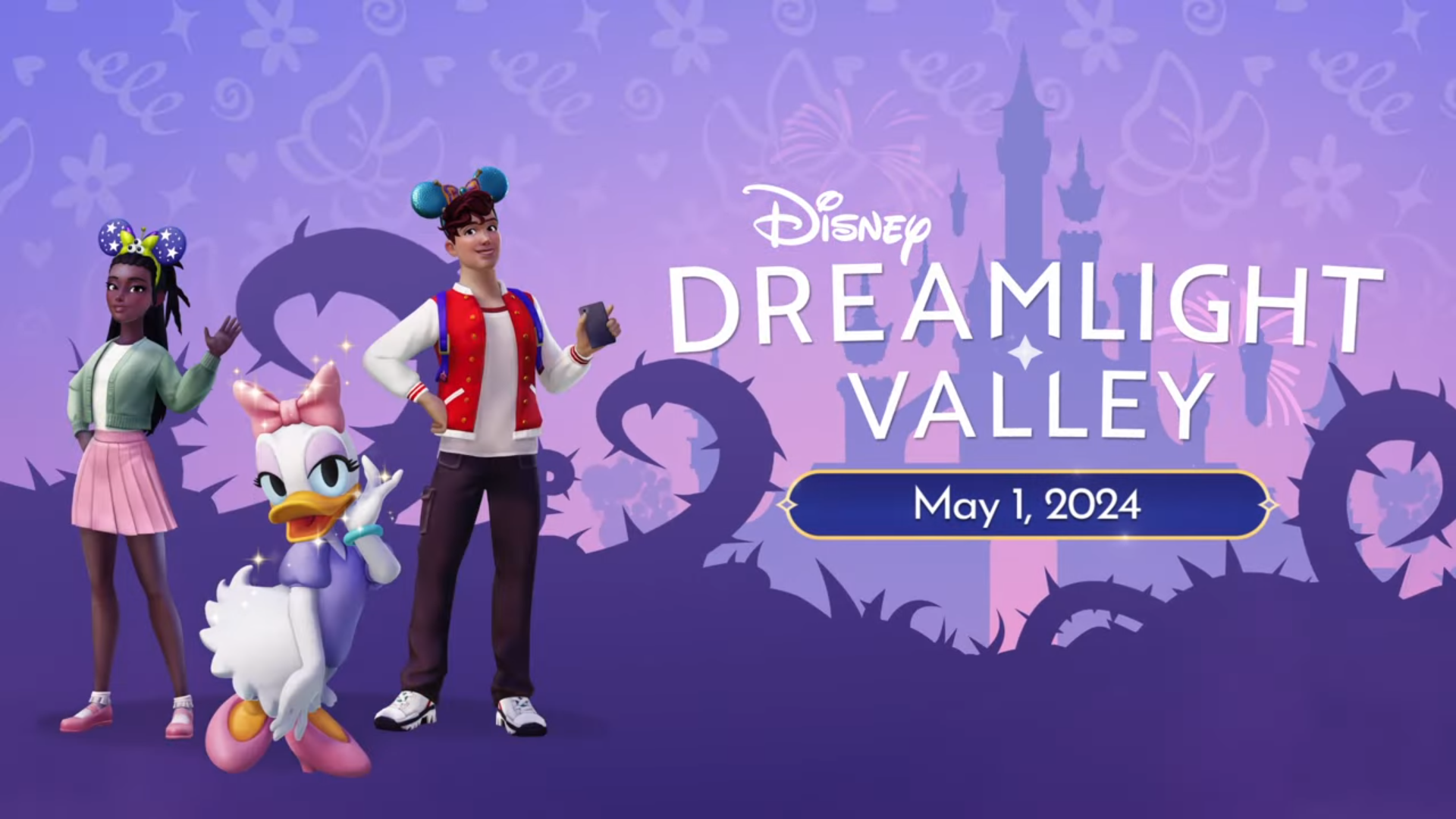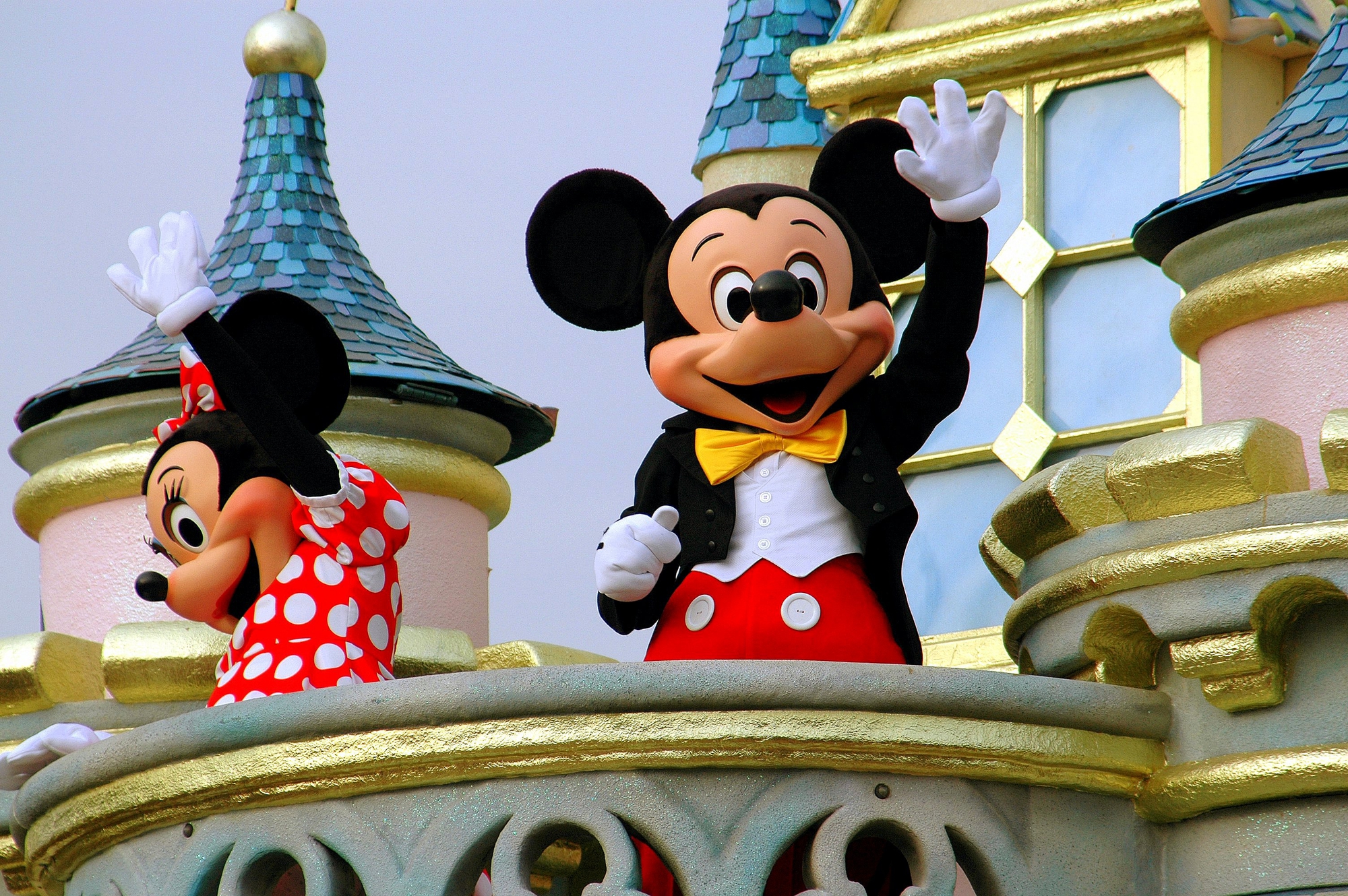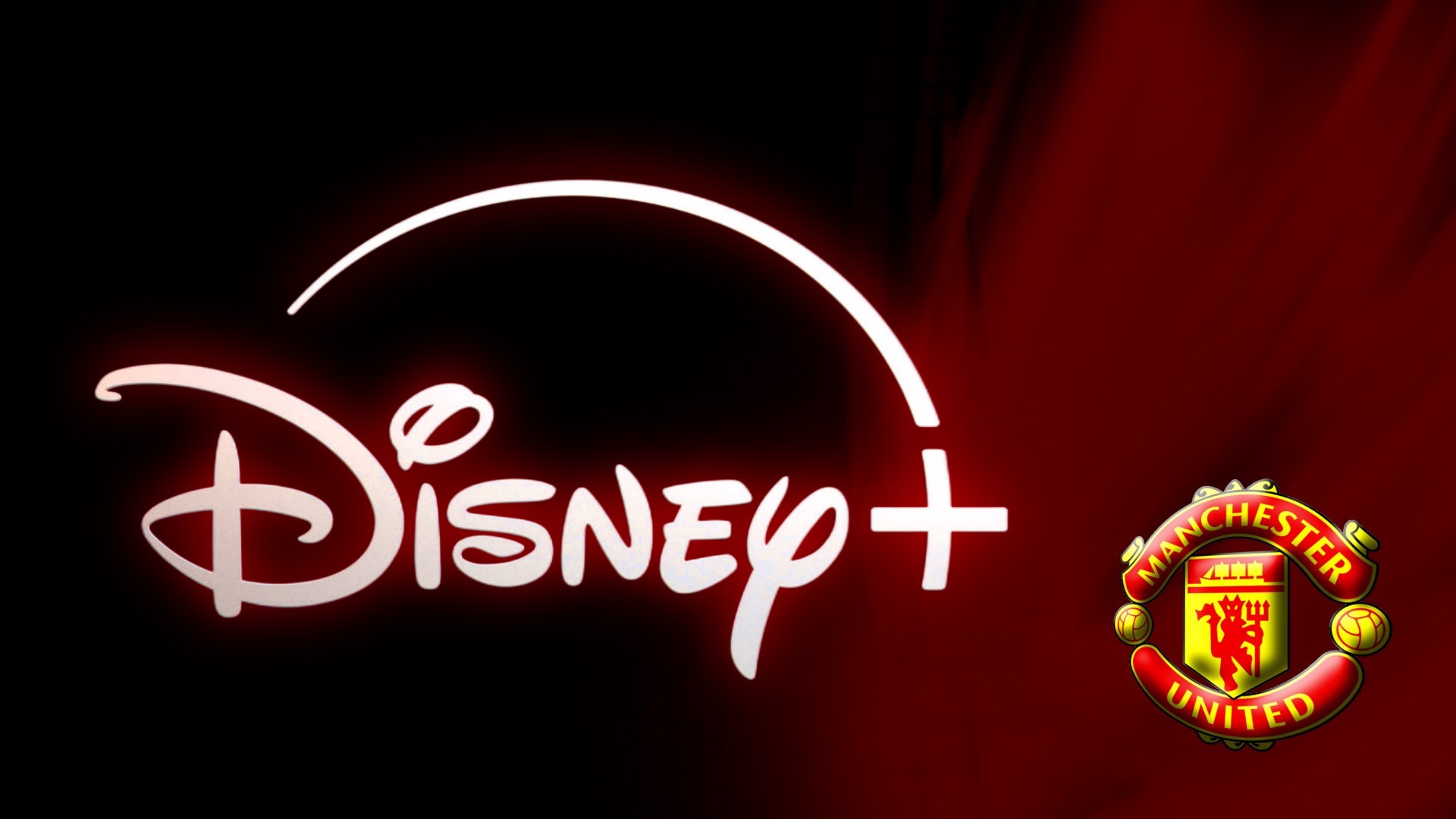For a studio known for its long-range planning and propensity for announcing projects years in advance (and then following through on those plans), the pandemic threw Marvel Studios’ intricately organized architecture into pure chaos. Movies were delayed, others rescheduled, and a number of big-budget television series, initially meant to supplement the theatrical features, suddenly became the main event. Somewhat mercifully, Black Widow, the first Marvel Studios film since Spider-Man: Far From Home was released way back on July 2, 2019, is set outside the main continuity, taking place in a pivotal parcel of time after Captain America: Civil War. Postponed multiple times since its initial release date of May 1, 2020, it is very much worth the wait – and not just because we’re finally seeing it after all of those delays (it’ll be available in theaters and on Disney+ via Premier Access). Black Widow also feels like the fulfillment of all the promise of the character initially introduced a whopping 11 years ago (!) in Iron Man 2. But hey. Better late than never.
Black Widow begins, unexpectedly, with a touching prologue set in 1995 in Ohio. We’re introduced to Natasha as a young girl, along with her little sister Yelena (played as a grown up by Florence Pugh), her mother Melina (Rachel Weisz), and father Alexei (David Harbour). Of course, it’s all a cover – they are posing as a genial American family but are in actuality a group of undercover Russian spies. This lengthy sequence lays the groundwork in a number of ways – it sets up the major conflict on the horizon, but more importantly establishes the tone and feel of the movie. This section has more in common, aesthetically, with Tree of Life than Thor Ragnarok, and its aura of plainspoken melancholy courses underneath the rest of the movie, even when the action takes on a suitably oversized, Marvel Studios-y dimension.
After that prologue (and what is arguably the worst cover of “Smells Like Teen Spirit” in recorded history), we flash forward to just after the events of Captain America: Civil War. General Ross (William Hurt, augmented with some iffy digital de-aging techniques that make his mustache look like a fuzzy caterpillar that is constantly in danger of crawling off his face) is closing in on Natasha Romanoff aka Black Widow (Scarlett Johansson), so she heads underground. Eventually this leads her to reconnect with Yelena, who has uncovered a scientific breakthrough that frees fellow young girl assassins from the mind control of the sinister Dreykov (Ray Winstone, wrestling with a Russian accent). Natasha assumed that she had successfully murdered Dreykov years before (during the Budapest mission frequently referenced by Black Widow and Hawkeye in the Avengers movies). But no. He’s still alive, the Red Room training facility is still around, and young girls are being drafted all the time.
Read: ‘Loki’ Episode Four Review: The Best Is Yet To Come
Together, Natasha and Yelena wish to distribute the mind control-breaking magic dust, free the girls from their imprisonment, and bring down Dreykov and the Red Room once and for all. But to do this they have to recruit the rest of their family – Alexei, who as the Red Guardian was given a super soldier serum as the Soviet Union’s answer to Captain America, and Melina, who is still employed by Dreykov but who has tried to distance herself from the operation. As a family, they never really worked, but as a team of warriors, they might have a chance.
This is a film clearly meant to emulate the Mission: Impossible franchise (with Marvel Studios’ singlehanded dominance over the superhero film, they’re now branching out into other genres), with a more grounded set of action set pieces, an evocative score by Mission: Impossible – Fallout composer Lorne Balfe and other similarities (ruining them would be downright criminal). And for the most part it does follow the model of Mission: Impossible and similar spy films, unlike other times in MCU history when filmmakers cite projects that have no resemblance to the finished product (remember when the Russos were comparing Civil War to Zodiac?). There’s even an explicit reference to kitschy James Bond escapade Moonraker.
And while the action set pieces, particularly the movie’s lengthy climax, are just as thrilling as anything else in the MCU, what makes Black Widow so special is its willingness to engage so openly with the emotional aftermath of characters doing very bad things. There’s not only Natasha, who has been fighting to redeem herself almost since she was introduced to the series, but also Yelena, still craving the family unity that was all an illusion, and Alexei and Malina, who were mired in the same things that befall regular families – ego, prioritizing work over interpersonal relationships, failures in communication. Yes, they are a phony family of expertly trained murderers, but they are just as messed up and broken as the rest of us. A splintered family, no matter its participants, is still a splintered family. And those wounds are still very much open.
Much credit should be given to director Cate Shortland, an Australian filmmaker who impressed the Marvel Studios team with her 2012 feature Lore, and who undoubtedly pressed to have the emotion be center stage, even when some incredibly crazy things are happening (and, it is worth reiterating, magical dust being a major plot point). Some of the action in the film is the most bone-crunching, intense action in Marvel’s history. But it never feels out of place or inappropriate. It’s a testament to Johansson’s understanding and knowledge of the character, as well, that this feels like an emotional payoff as much as a visceral one. (By the way everyone else in the cast is wonderful, with Pugh and Harbour really stealing the movie, which is good because we’re still stinging from his last superhero go-around as Hellboy.) Everyone is aces.
Black Widow is a movie that is bruising in every sense of the word. More than once, I was choked up (be sure to stick around for a post-credits scene for a full-on sob), which is an odd sensation given how deeply the movies are committed to pure pleasure. But this is a Marvel movie with more on its mind – in addition to dealing with the major themes of trauma and personal growth, it is also a deeply feminist text free of the pat platitudes of Captain Marvel – and we are all the better for it. (The screenplay was worked on, at various points, by sensitive indie filmmaker Ned Benson and WandaVision creator Jac Schaeffer.) It is not only the movie we’ve been waiting for since last summer but the one we’ve been hungry for since Iron Man 2. Hopefully Marvel will be able to find other unexplored pieces of Black Widow’s history and bring those to life … and that they’ll be quicker about it.







Leave a Reply